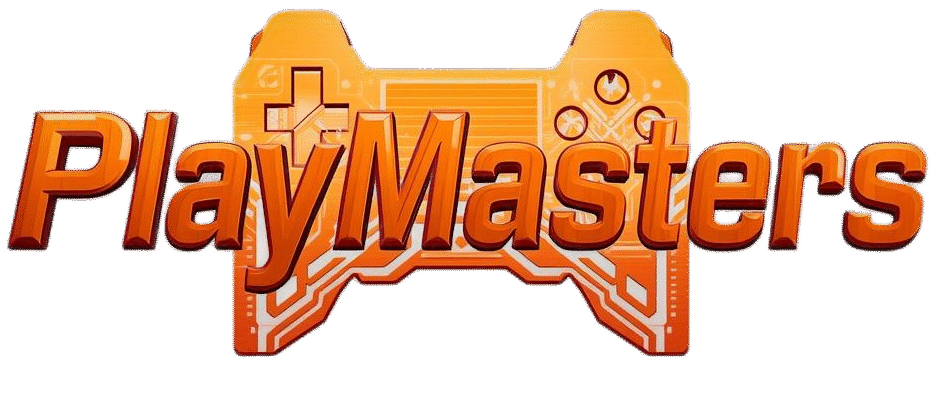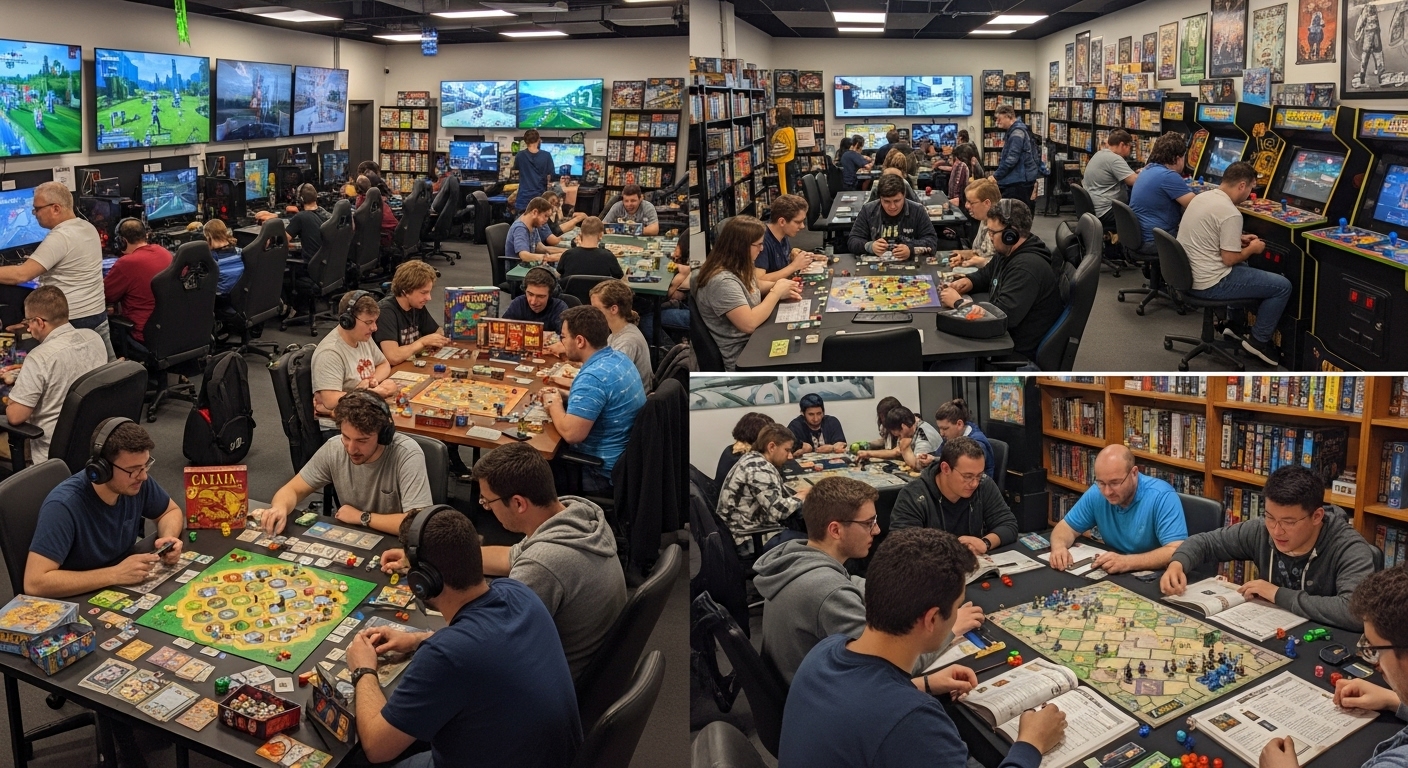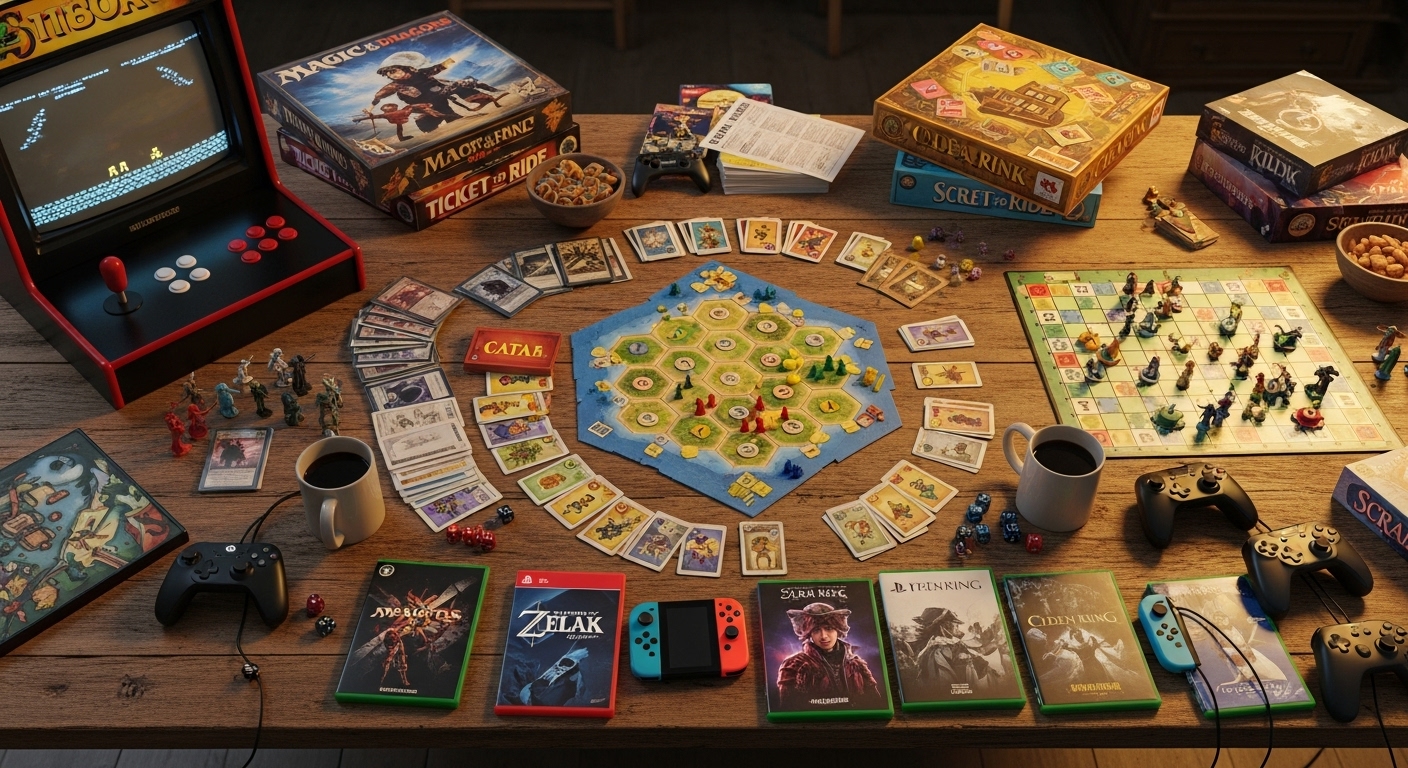Introduction: The Ever-Growing World of Games
Games have become an inseparable part of modern life. From traditional board games to high-definition virtual adventures, the world of games has expanded beyond imagination. What was once considered a simple pastime is now a global industry influencing culture, technology, education, and even human psychology. Games are no longer limited to screens or consoles—they exist in classrooms, workplaces, and even social spaces, shaping how people learn, communicate, and think. In this digital age, games are not merely tools of entertainment; they are reflections of creativity, strategy, and the limitless potential of the human mind.
The Ancient Origins of Gaming
Long before the invention of computers, humans played games to challenge their minds, socialize, and express creativity. Ancient civilizations used stones, sticks, and handmade boards to create games that entertained and educated. The Egyptians played Senet, one of the oldest recorded board games, which symbolized the journey to the afterlife. In China, Go emerged as a game of deep strategy and intelligence, while India introduced Chess, a timeless masterpiece of tactical thinking. These early games reflected not only entertainment but also the philosophy, culture, and social values of their time. The evolution of games from these ancient roots laid the groundwork for the complex gaming ecosystems we experience today.
The Digital Revolution: When Games Went Electronic
The arrival of technology in the twentieth century changed gaming forever. The first video games were simple—pixels and beeps that captured imagination. Pong, Space Invaders, and Tetris became early symbols of digital entertainment. These games introduced the concept of interactivity, where players could control what happened on screen. The thrill of achieving high scores and the joy of friendly competition made video games a global phenomenon. By the 1980s and 1990s, gaming consoles entered homes, giving rise to a generation that grew up exploring new worlds from the comfort of their living rooms. The digital revolution had begun, and with it came the promise of endless innovation.
The Rise of Gaming Consoles and PCs
As technology advanced, so did gaming hardware. Consoles like the Nintendo Entertainment System, Sega Genesis, and PlayStation revolutionized home entertainment. They introduced vivid graphics, memorable soundtracks, and characters that became household names. Parallel to this, the personal computer became a new frontier for gaming. PC gamers enjoyed more control, modification options, and access to genres that demanded higher skill and strategy. Games on PC pushed the boundaries of creativity and complexity, offering experiences that were both intellectually challenging and visually stunning. This era established gaming as more than a hobby—it became an art form.
Mobile Gaming: Entertainment in Your Pocket
The invention of smartphones brought gaming to billions of people across the globe. Mobile games transformed the industry by making gaming accessible to everyone, regardless of age or skill level. With just a tap, anyone could play a puzzle, race cars, or build cities on their device. The convenience and simplicity of mobile games turned them into cultural phenomena. These games also opened doors for independent developers, who created unique and creative experiences without needing massive budgets. The popularity of mobile gaming demonstrated that the power of play lies in accessibility, creativity, and connection, not just in advanced graphics or expensive hardware.
The Storytelling Power of Games
Games today are not just about winning—they are about experiencing stories in ways that no other medium can offer. Unlike movies or books, games allow players to become part of the narrative. Every choice a player makes can change the outcome of the story, creating a personal and emotional journey. Story-driven games have tackled complex themes such as morality, loss, love, and courage, drawing players into unforgettable adventures. Through interactive storytelling, games have proven themselves as a powerful art form capable of conveying deep emotions and philosophical ideas. The player is not just an observer but a participant in a living, breathing world.
The Social Side of Gaming
Gaming has grown beyond the solitary experience of sitting in front of a screen. Today, it is a global social phenomenon connecting millions of people across continents. Online multiplayer games allow players to cooperate, compete, and communicate in real time. Friendships are formed, communities are built, and teamwork becomes essential. Games teach collaboration, communication, and empathy through shared experiences. The sense of belonging within gaming communities often transcends geography, language, and culture. This social aspect of gaming shows how play can unite people, creating virtual societies where creativity and cooperation thrive.
The Competitive Spirit: Esports and Professional Gaming
What began as friendly competition between friends has evolved into a billion-dollar global industry known as esports. Professional gaming tournaments attract massive audiences and offer life-changing prize pools. Skilled players are now recognized as athletes who train, strategize, and perform under immense pressure. Esports has redefined the meaning of competition, combining the precision of sports with the creativity of digital entertainment. Teams, sponsors, and fans treat these events with the same enthusiasm once reserved for traditional sports. Esports has also opened career paths in coaching, analysis, broadcasting, and game development, making gaming a legitimate and respected profession.
Games as Tools for Learning and Growth
The educational value of games is one of the most exciting aspects of modern innovation. Games are increasingly used in schools and workplaces to teach problem-solving, critical thinking, and collaboration. Educational games make learning interactive, engaging, and memorable. For instance, strategy games enhance planning and decision-making skills, while simulation games teach real-world concepts in a virtual environment. Beyond education, games also support mental health and therapy. They can reduce stress, improve focus, and aid in cognitive rehabilitation. The combination of fun and function makes games an effective medium for personal and intellectual growth.
Artificial Intelligence: The Brain Behind Modern Games
Artificial intelligence has transformed how games are created and experienced. From realistic non-player characters to adaptive difficulty systems, AI ensures that games feel dynamic and responsive. It enables smarter opponents, personalized challenges, and lifelike worlds that react to player behavior. AI also assists developers by automating design processes, testing game mechanics, and predicting player preferences. The future of AI in gaming promises even more intelligent and immersive experiences, where games learn and evolve alongside players. This technology not only enhances entertainment but also bridges the gap between creativity and computation.
Virtual Reality and Augmented Reality: Entering New Worlds
Immersive technology has opened the door to an entirely new dimension of gaming. Virtual reality places players directly inside digital worlds, offering unparalleled realism and interactivity. Augmented reality overlays digital elements onto the physical world, blending reality with imagination. These technologies allow players to move, explore, and engage in ways previously thought impossible. Beyond entertainment, VR and AR are being used for training, education, and therapy. As technology continues to advance, the boundary between the real and virtual worlds will fade, creating limitless opportunities for creativity and connection.
Cultural Influence of Games
Games have become cultural symbols that influence art, music, fashion, and film. Iconic characters and soundtracks have left a lasting imprint on global culture. Gaming conventions, cosplay events, and fan communities celebrate this shared passion. The influence of games extends to storytelling in other media, inspiring movies, books, and animations. Games also act as cultural bridges, allowing people to experience different traditions, histories, and perspectives through interactive worlds. They are no longer niche hobbies but cultural movements shaping how people express creativity and identity.
The Business and Economy of Games
Behind every game lies a massive industry that drives global innovation and employment. Game development studios, hardware manufacturers, and content creators contribute to a thriving economy. Digital marketplaces have revolutionized how games are sold and distributed, allowing players to access titles instantly. The rise of independent developers has encouraged creativity and diversity in storytelling and design. Meanwhile, monetization models like subscriptions and in-game purchases continue to evolve. The economic success of gaming demonstrates its importance not only as entertainment but also as a major force in global commerce.
Challenges in the Gaming World
While gaming has achieved great heights, it also faces challenges that require attention. Issues such as excessive screen time, online toxicity, and exploitative monetization practices have raised concerns. Developers and communities are working to create safer, more inclusive spaces for players. Representation and diversity in games have become vital discussions, ensuring that every player feels seen and valued. Balancing profit with creativity, and entertainment with responsibility, will define the future of the industry. The gaming world’s greatest challenge is to continue evolving ethically while maintaining the joy and innovation that define it.
The Future of Games: Endless Horizons
The future of gaming is full of possibilities. Cloud gaming promises to eliminate hardware limitations, allowing anyone to play high-quality games from any device. AI-driven storytelling will create experiences tailored uniquely to each player. Advances in graphics and sensory feedback will make virtual worlds indistinguishable from reality. Moreover, gaming will continue to merge with education, healthcare, and art, influencing every aspect of human life. The games of tomorrow will not only entertain—they will teach, inspire, and connect in ways that redefine what it means to play.
Conclusion: The Infinite Playground of Human Imagination
Games represent the perfect fusion of creativity, technology, and human spirit. From ancient board games to virtual worlds, they have evolved alongside humanity, shaping minds and connecting hearts. In every click, move, or roll of the dice lies a story of innovation and imagination. Games challenge us to think differently, to collaborate, and to dream without limits. They remind us that play is not just an escape—it is a celebration of life, creativity, and endless curiosity. The world of games will continue to expand, inviting every generation to explore the infinite playground of human potential.




